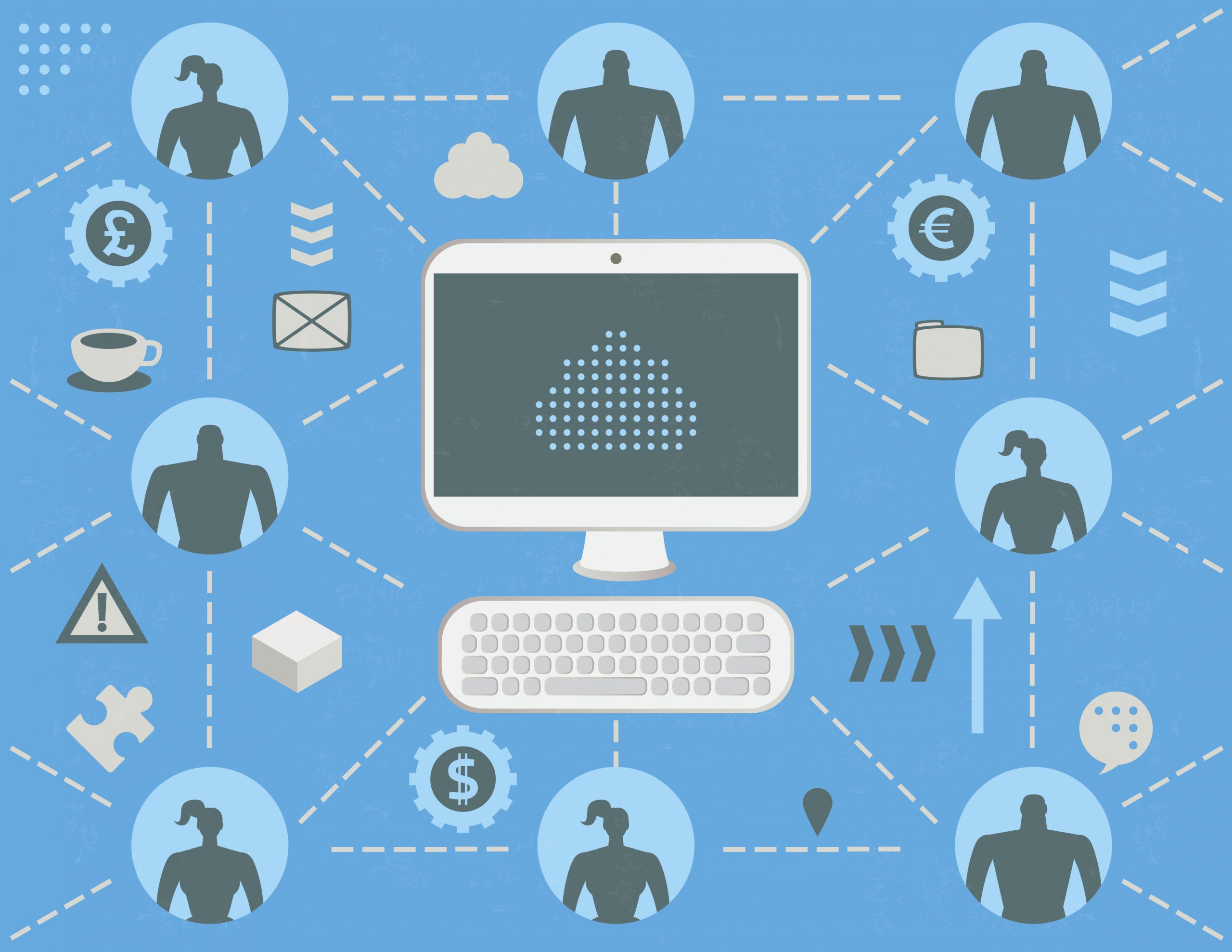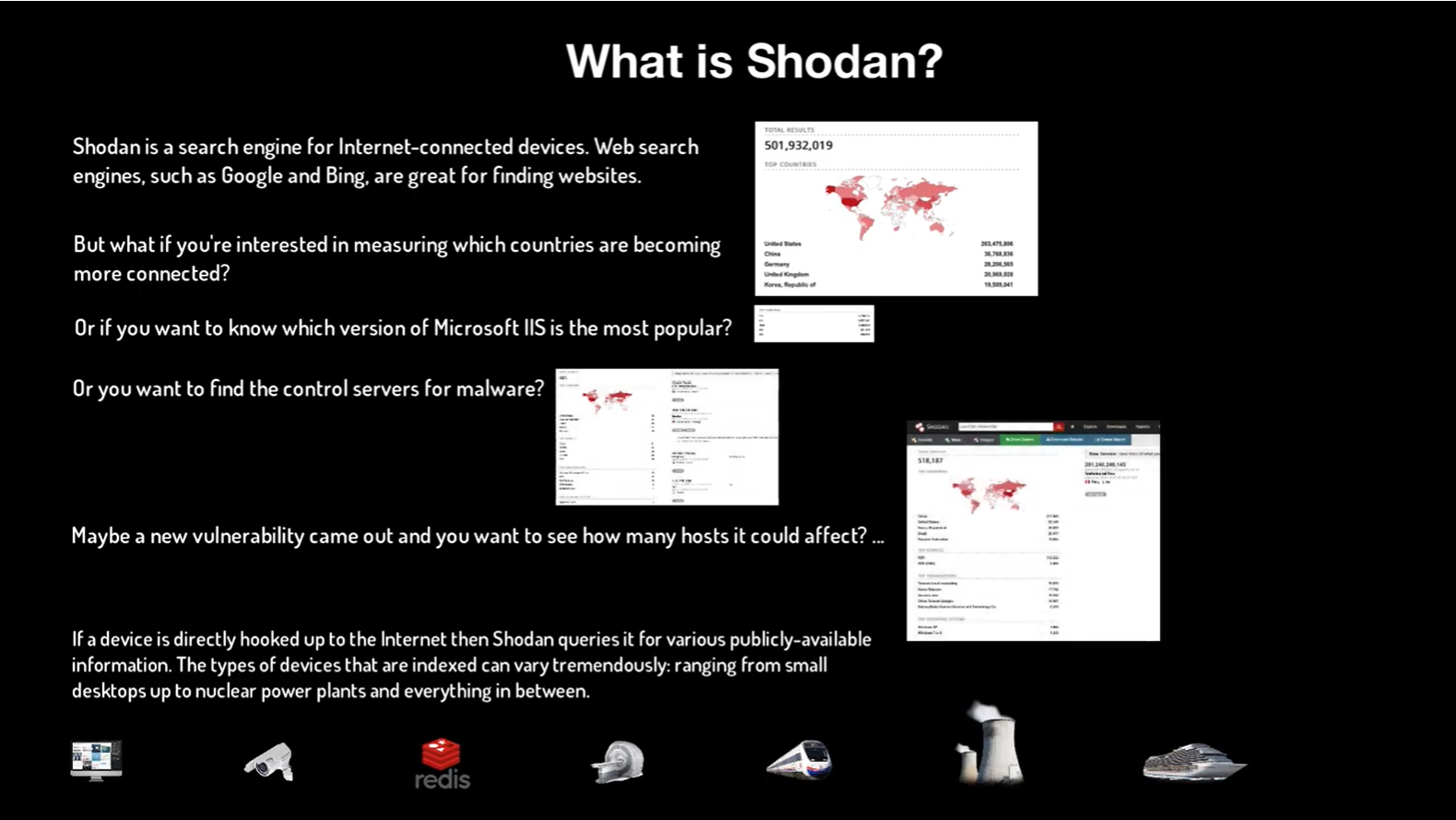There’s something about email that makes people think it’s secure. They send passwords, social security numbers, and yes, even things like completed direct debit forms with full credit card information ripe for the taking. But why? Probably the only “good” reason is that it’s “easy.” It’s just as simple to send sensitive information as it is to forward that adorable viral cat video. Perhaps it’s cost? Paying for specialized encryption software can be costly. Maybe we just don’t think hackers will hack us? For the most part, our work emails are just that, work related and anyone outside of the office wouldn’t care. Right?
Yet, the statistics are startling.
In America, a hacker attack occurs every 39 seconds. According to research done at the Clark School at the University of Maryland, hacker attacks are nearly constant with one in three Americans affected every year. These hackers easily “scrape” the internet for everything from passwords to credit card information, and guess what? They get it thanks to people choosing to email their private and sensitive information. (#ShouldHaveUsedSENT)
Sure, a credit card can easily be cancelled. But what about your social security number, date of birth, or medical history? Not so easily. Even worse than getting hacked? Those details don’t just go to one hacker that private information is sold over and over again.
So why isn’t email secure?
Good question. After all, if you have a really strong password it should be safe, right? Not so fast. There are plenty of places where email data can be compromised. And even worse it can never be removed, which means it sort of just hangs around. Email data is stored in ‘files’ on your computer or mobile device and hackers know the programs to use that allow them to easily read them. In fact, scouring emails is about as common of a process you’ll get with malware.
Networks the email is sent through.
The 2018 Symantec Internet Security Threat Report states that 95% of cybersecurity breaches are due to human error. Cyber-criminals and hackers will always infiltrate your company through your weakest link, which is almost never your IT department. If your email is hosted externally from your organization, then when you email a contact outside of your organization, the email is sent over the internet using a minimum of three connections. So although networks are a little more complicated, they are much more open to access from multiple locations. If you are emailing someone on the same service, such as Outlook or Gmail, the first two network vulnerabilities could be compromised. If the recipient uses a different type of email host, then there is at least one more vulnerability of the connection between your host and the recipient’s email server. In other words, just because one or two connections are secure, there is no guarantee than the others are secure in the sequence.
The servers where the email is stored and forwarded.
Keyword “stored.” When you use email to send anything – be it a cute picture of your kid or your social security number, it will be stored on a server (or multiple servers when using larger services like Gmail). So, if someone guesses your password, they can login and see any stored email. But, that’s not where the risk ends. Most email services store email messages as plain text. Meaning, any hacker can access the servers and easily see stored emails and their attachments (like that document with all your credit card info).
It can happen to you.
All too often people think that because they only send sensitive information “occasionally” or “once” that it’s completely fine. But, it only takes one time and you may have already been hacked and not even realized it. Today there are 23.14 billion connected devices, and by 2020 there will be roughly 31 billion connected devices. The risk is real and growing. The total cost of cyber crime committed globally in 2018 was over $1 trillion dollars. Hacking is what some people do for a living – and it’s extremely lucrative for them.
Please don’t think it can’t happen to you. Ask yourself how much a data breach would cost your company? There’s no need to risk it when SENT is easy, affordable, and the safest file transfer option on the planet.






